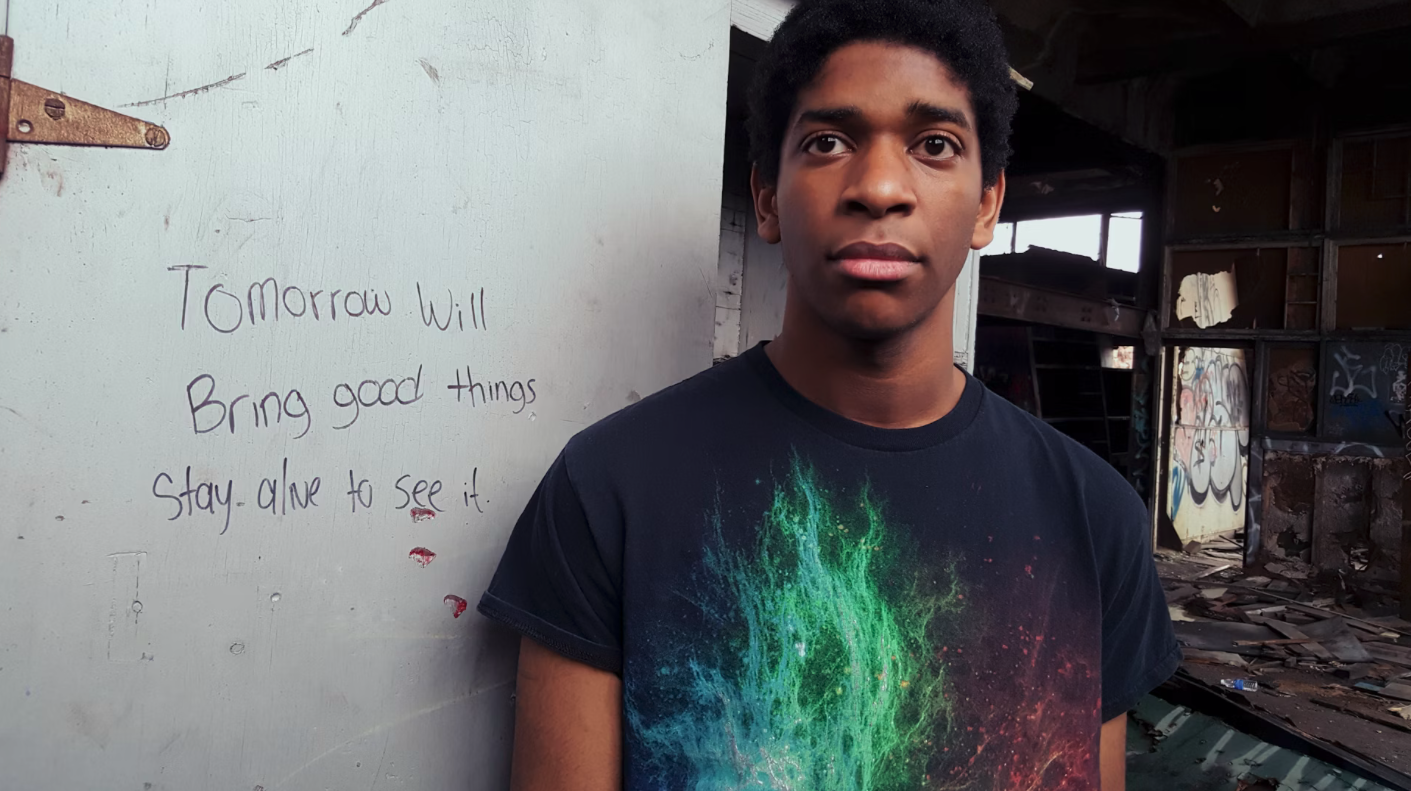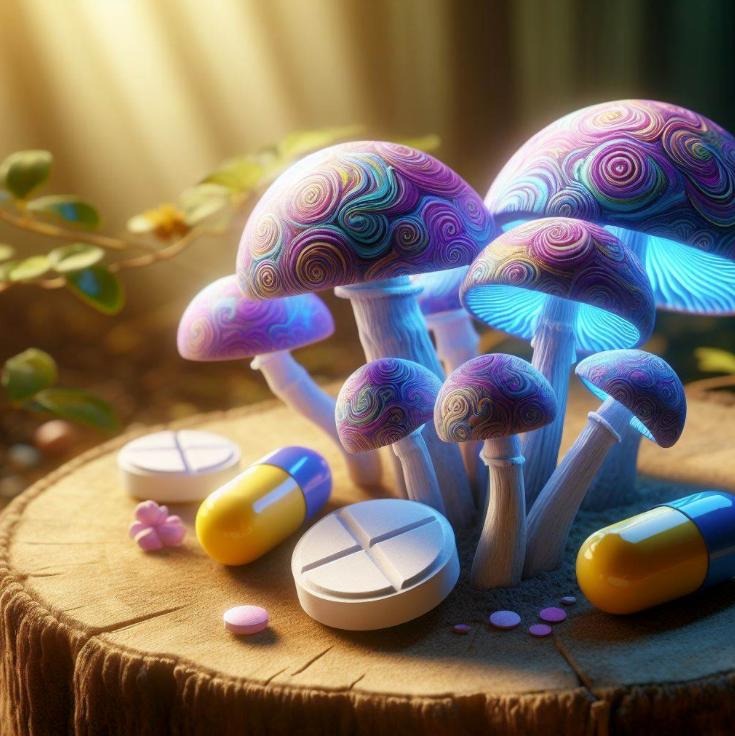When someone faces the dark grip of depression and suicidal thoughts, it can feel like there’s no way out. Traditional therapies often help, but for many, they fall short or take too long to make a meaningful impact. However, an unexpected source of hope is emerging: magic mushrooms, or more specifically, the active compound within them—psilocybin.
Psilocybin isn’t just another drug. It’s a powerful, natural compound that works uniquely within the brain to help people see their struggles from a new perspective. Research into the effects of psilocybin is showing that it may be able to lift people out of their darkest states, providing a level of relief that traditional methods have struggled to achieve. Let’s dive deeper into how magic mushrooms are changing the game for those battling suicidal thoughts.
Understanding Psilocybin’s Impact on the Brain
Psilocybin binds to serotonin receptors in the brain, which play a key role in mood regulation, perception, and emotional well-being. When psilocybin interacts with these receptors, it triggers a cascade of neurochemical reactions that create new connections between different regions of the brain. This process is often referred to as “neural rewiring.”
This rewiring has a profound effect, enabling the brain to break free from rigid, negative thought patterns. People often describe feeling “unstuck,” or like they’ve had a heavy burden lifted. This increased mental flexibility can help individuals reframe their thoughts, see beyond their struggles, and approach their mental health from a place of hope and possibility.
Breaking the Cycle of Despair
One of the most devastating aspects of depression and suicidal ideation is the sense of being trapped—of seeing no way forward and feeling that the pain will never end. Psilocybin can help break this cycle by inducing powerful, introspective experiences that allow individuals to confront their trauma, self-doubt, and inner turmoil from a place of safety and acceptance.
In clinical studies, many participants who were given psilocybin in a therapeutic setting reported experiencing deep emotional breakthroughs. For some, this meant coming face-to-face with the root causes of their depression. For others, it was an opportunity to process grief, loss, or unresolved emotions in a transformative way.
These experiences are often described as life-changing, not just for a few days or weeks—many people report sustained improvements in mood, outlook, and overall mental well-being for months after just one or two sessions. After years of being trapped in negative loops, it’s as if the brain is finally free to heal.
The Science Backs It Up
It’s not just anecdotal evidence that points to psilocybin’s potential. Research conducted at institutions like Johns Hopkins and Imperial College London has shown that psilocybin-assisted therapy can have a dramatic impact on depression and suicidality. In fact, one study found that over 80% of participants reported a significant reduction in depressive symptoms after psilocybin treatment and many of these improvements lasted for months.
This is particularly significant for individuals who have tried multiple traditional treatments with little success. Psilocybin offers a “reset” that gives them a chance to heal in ways they hadn’t been able to before.
What About the Risks?
Of course, no treatment is without risks, and psilocybin is no exception. Taking magic mushrooms in an uncontrolled or unsupported environment can lead to anxiety, paranoia, or even traumatic experiences, especially for those with a history of severe mental health disorders.
That’s why experts emphasize the importance of a safe, supportive, and therapeutic setting for psilocybin use. Under the guidance of trained professionals, the potential for negative experiences can be significantly minimized, allowing individuals to explore their emotions and thoughts in a protected space.
A New Paradigm in Mental Health
Magic mushrooms and their active compound, psilocybin, represent a new frontier in mental health treatment. For those facing the unimaginable pain of suicidal thoughts, psilocybin offers not just relief but a new perspective and a renewed sense of hope. By enabling the brain to break free from entrenched patterns of despair, magic mushrooms are helping people see that healing is possible—even when it once seemed out of reach.
As research continues and more people share their stories of recovery, the question is no longer whether psilocybin has the power to transform lives but how we can ensure this powerful tool is used safely and effectively to bring light to those who need it most.
Disclaimer: If you or someone you know is struggling with suicidal thoughts, it’s important to reach out to a mental health professional for support. Psilocybin is not currently approved for the treatment of depression or suicidal ideation outside of clinical trials. Always seek guidance from a licensed therapist or medical professional before considering new treatment options.




